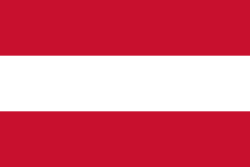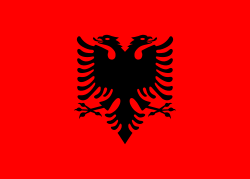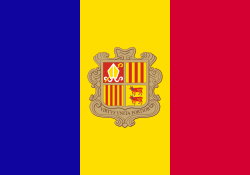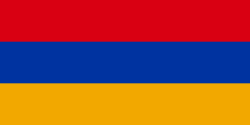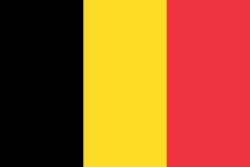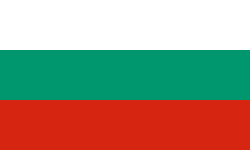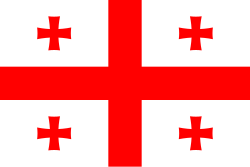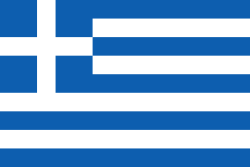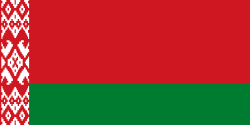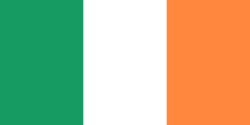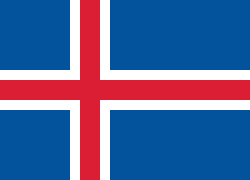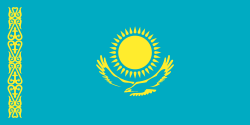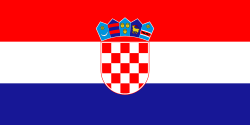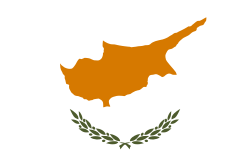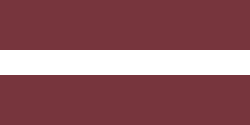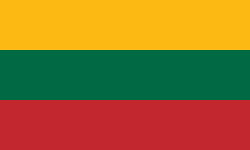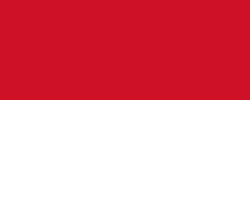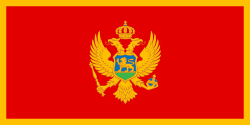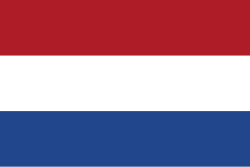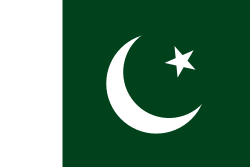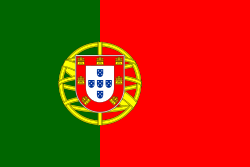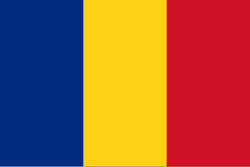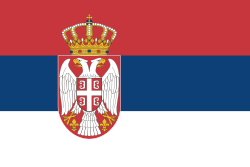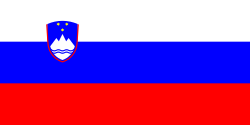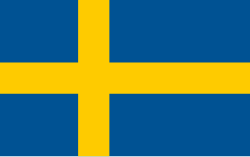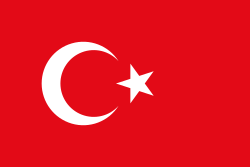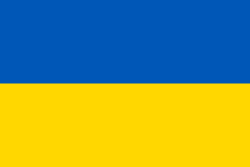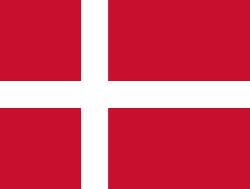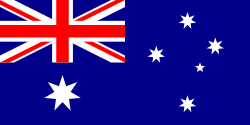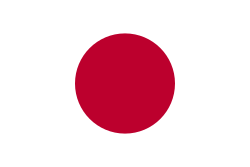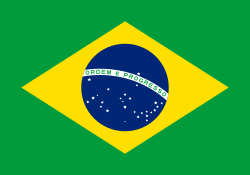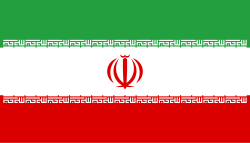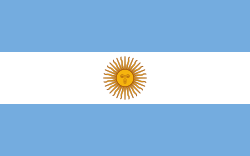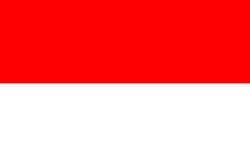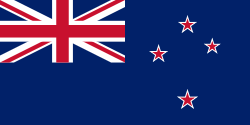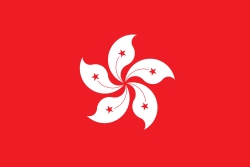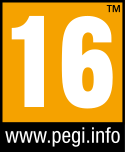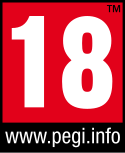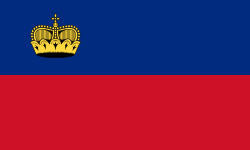Pan European Game Information
| Pan European Game Information | |
|---|---|
 | |
| Forkortelse | PEGI |
| Grundlæggelse | 9. april 2003 |
| Type | Computerspilsklassifikation |
| Beliggenhed | |
| Hovedorganisation | Interactive Software Federation of Europe |
| Eksterne henvisninger | |
| Hjemmeside | Officiel hjemmeside |
| Information med symbolet | |
Pan European Game Information (ofte forkortet PEGI) er et europæisk system for vurdering af aldersgrænser for indholdet af videospil.
PEGI har mærker for aldersgrænser, såvel som for indhold der bør gøres opmærksom på, så som vold, stødende sprog, med mere.
Aldersmærkning
PEGI har fem mærkninger for aldre. I Portugal var der dog visse legale problemer med standardmodellen, der derfor blev ændret derefter. Finland skiftede til standard-modellen fra og med d. 1. januar 2007.
| Land | 3+ | 7+ | 12+ | 16+ | 18+ |
|---|---|---|---|---|---|
| Standard | |||||
| Portugal |
Aldersmærkningen er ikke lovpligtig, og fungerer desuden kun som en vejledning til forældre i deres valg af computerspil til deres børn.
Indholdsmærkning
Udover aldersmærkning benytter PEGI sig også af mærkning af indhold der eventuelt kunne forekomme stødende for visse folk.
| Ikon | Indholdsbeskrivelse | Forklaring | Tilsvarende aldersmærkning |
|---|---|---|---|
| Vold | Spillet indeholder vold, blod eller lemlæstelse. | ||
 | Grimt sprog | Spil som indeholder stødende sprog eller bandeord. | |
| Gys | Spil som kan virke skræmmende eller angstfremkaldende på mindre børn. | ||
| Seksuelt indhold | Spil som viser nøgenhed og/eller viser seksuelle handlinger eller henvisninger hertil. | ||
| Narkotiske stoffer | Spil som refererer til eller viser anvendelse af alkohol, tobak eller ulovlige narkotiske stoffer. | ||
| Pengespil | Spil som opfordrer til eller underviser i pengespil. | ||
| Diskrimination | Spil som viser folk diskriminere andre på baggrund af deres race, køn, seksualitet og etc. | ||
| Online | Spillet tillader folk at kommunikere med andre spillere online. Denne indholdsmærkning blev afskaffet i 2015. |
Anvendes i følgende lande

 Østrig
Østrig Albanien
Albanien Andorra
Andorra Armenien
Armenien Aserbajdsjan
Aserbajdsjan
 Belgien
Belgien Bosnien-Hercegovina
Bosnien-Hercegovina
 Bulgarien
Bulgarien
 Estland
Estland
 Finland
Finland
 Frankrig
Frankrig Georgien
Georgien
 Grækenland
Grækenland Hviderusland
Hviderusland Indien
Indien
 Irland
Irland Island
Island Israel
Israel
 Italien
Italien Kasakhstan
Kasakhstan
 Kroatien
Kroatien
 Cypern
Cypern
 Letland
Letland Liechtenstein
Liechtenstein
 Litauen
Litauen
 Luxembourg
Luxembourg Nordmakedonien
Nordmakedonien
 Malta
Malta Moldova
Moldova Monaco
Monaco Montenegro
Montenegro
 Holland
Holland Norge
Norge Pakistan
Pakistan
 Polen
Polen
 Portugal
Portugal
 Rumænien
Rumænien Rusland
Rusland San Marino
San Marino Serbien
Serbien
 Slovakiet
Slovakiet
 Slovenien
Slovenien
 Spanien
Spanien Storbritannien
Storbritannien Schweiz
Schweiz
 Sverige
Sverige Sydafrika
Sydafrika
 Tjekkiet
Tjekkiet Tyrkiet
Tyrkiet
 Tyskland
Tyskland Ukraine
Ukraine
 Ungarn
Ungarn
 Danmark
Danmark
Eksterne henvisninger
| ||||||||||||
| Spire Denne computerspilsrelaterede artikel er en spire som bør udbygges. Du er velkommen til at hjælpe Wikipedia ved at udvide den. |
Medier brugt på denne side
The Flag of Europe is the flag and emblem of the European Union (EU) and Council of Europe (CoE). It consists of a circle of 12 golden (yellow) stars on a blue background. It was created in 1955 by the CoE and adopted by the EU, then the European Communities, in the 1980s.
The CoE and EU are distinct in membership and nature. The CoE is a 47-member international organisation dealing with human rights and rule of law, while the EU is a quasi-federal union of 27 states focused on economic integration and political cooperation. Today, the flag is mostly associated with the latter.
It was the intention of the CoE that the flag should come to represent Europe as a whole, and since its adoption the membership of the CoE covers nearly the entire continent. This is why the EU adopted the same flag. The flag has been used to represent Europe in sporting events and as a pro-democracy banner outside the Union.Flag of Austria with the red in the Austrian national colours which was official ordered within the Austrian Armed Forces (Bundesheer) in the characteristic “Pantone 032 C” (since May 2018 the Red is ordered in the characteristic “Pantone 186 C”.)
Flag of Albania
Finlands flag
Det er let at give dette billede en kant
Flag of Portugal, created by Columbano Bordalo Pinheiro (1857–1929), officially adopted by Portuguese government in June 30th 1911 (in use since about November 1910). Color shades matching the RGB values officially reccomended here. (PMS values should be used for direct ink or textile; CMYK for 4-color offset printing on paper; this is an image for screen display, RGB should be used.)
The flag of Slovenia.
- "The construction sheet for the coat of arms and flag of the Republic of Slovenia
- is issued in the Official Gazette Uradni list Republike Slovenije #67, 27 October 1994
- as the addendum to the Law on the coat of arms and flag."
Used color: National flag | South African Government and Pantone Color Picker
| grøn | rendered as RGB 0 119 73 | Pantone 3415 C |
| gul | rendered as RGB 255 184 28 | Pantone 1235 C |
| rød | rendered as RGB 224 60 49 | Pantone 179 C |
| blå | rendered as RGB 0 20 137 | Pantone Reflex Blue C |
| hvid | rendered as RGB 255 255 255 | |
| sort | rendered as RGB 0 0 0 |
Flag of Iran. The tricolor flag was introduced in 1906, but after the Islamic Revolution of 1979 the Arabic words 'Allahu akbar' ('God is great'), written in the Kufic script of the Qur'an and repeated 22 times, were added to the red and green strips where they border the white central strip and in the middle is the emblem of Iran (which is a stylized Persian alphabet of the Arabic word Allah ("God")).
The official ISIRI standard (translation at FotW) gives two slightly different methods of construction for the flag: a compass-and-straightedge construction used for File:Flag of Iran (official).svg, and a "simplified" construction sheet with rational numbers used for this file.
bendera Indonesia
Self modified PEGI logo based on PEGI 12.svg where it has been changed to the number 11, used in Finland
PEGI-Logo für ab 6 Jahren freigebene Spiele (wird nur in Portugal verwendet)
PEGI's content descriptor for "Bad language".
PEGI-Logo für ab 4 Jahren freigebene Spiele (wird nur in Portugal verwendet)
PEGI-Logo für ab 3 Jahren freigebene Spiele
PEGI-Logo für ab 16 Jahren freigebene Spiele
PEGI-Logo für ab 7 Jahren freigebene Spiele
PEGI-Logo für ab 18 Jahren freigebene Spiele
Flag of Liechtenstein
PEGI-Logo für ab 12 Jahren freigebene Spiele










